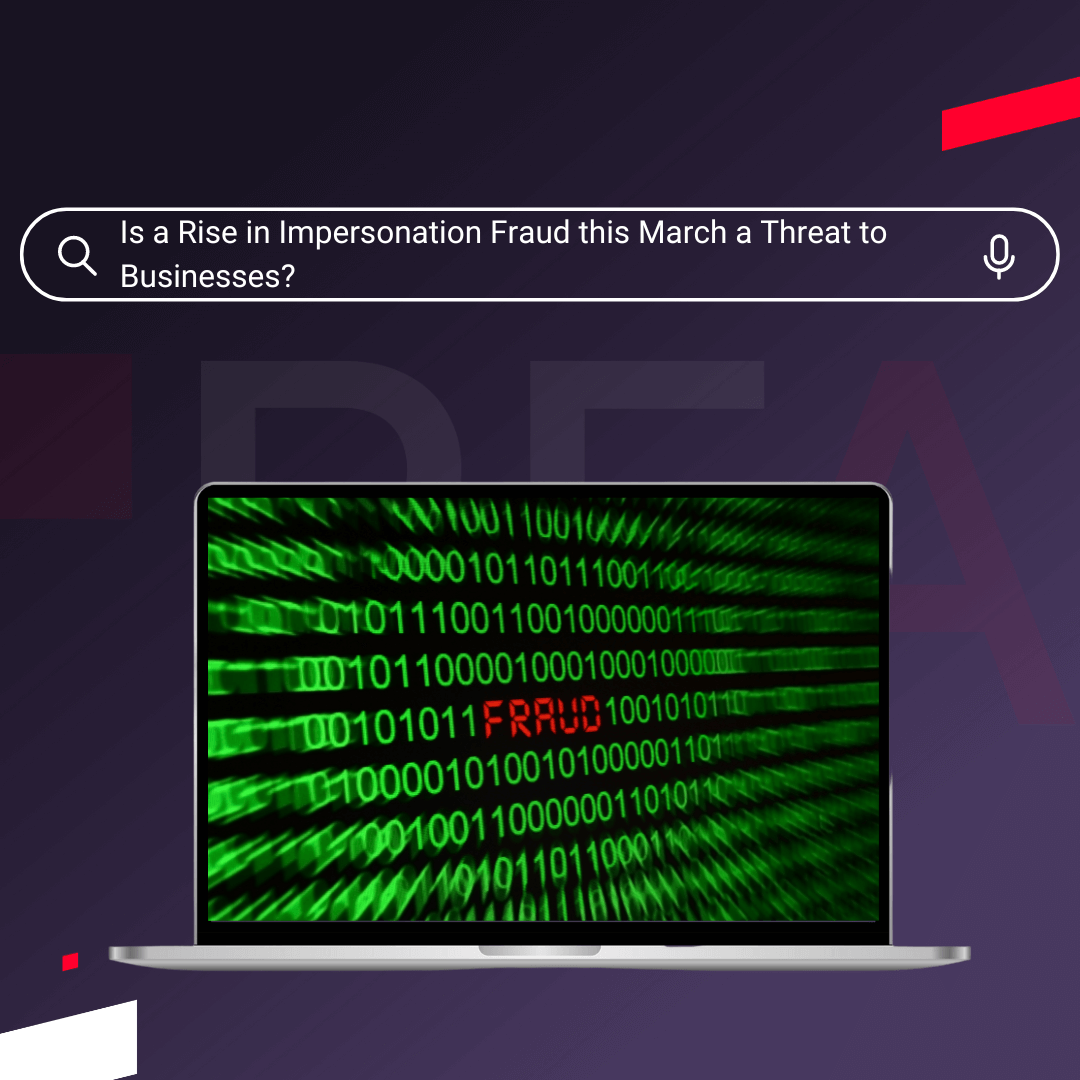A business credit score provides companies with an overview of an organisation’s financial health and plays a crucial role in how companies operate.
This rating is a tool that demonstrates determines whether a firm is creditworthy and financially responsible. A strong business credit score a gateway to growth, investment, partnerships, and the best deals on the market. A low business credit score can lead to rejected credit, a lack of suppliers, and even insolvency depending on your score.
What is a business credit score?
A business credit score is a rating that makes it easy for creditors and other organisations to quickly assess the creditworthiness of your business.
The score is calculated from a variety of factors such as:
- Payment history
- Credit utilisation
- Length of credit history
- Public records
- Credit inquiries
This provides an indication of your firm’s financial position, and the level of risk other businesses can expect from dealing with you. It’s a snapshot of your overall economic health and the present stability of your organisation, and is essential for many reasons:
- Often your business credit score will be used to determine how much you can borrow and at what interest rate, especially when you are applying for a business loan or an arranged overdraft.
- A higher rating can help businesses get accepted for credit at more attractive rates, whilst a lower one could prevent them from getting approved in the first place.
- Similarly, other organisations can use business credit scores to assess the financial risk posed by the businesses they want to work with.
- Unlike a person's credit score, anyone can view a business’ credit rating including suppliers, other companies, and even customers. They can then use the insights to adjust the terms of commercial relationships while protecting their status.
What could impact a business credit rating?
Like a personal credit rating, business scores are partially determined by how a business has historically behaved. This is why it’s crucial to ensure your bills are paid on time and, if possible, in full. Late or missed payments should be avoided at all costs since these can severely lower your business credit rating.
Other behaviours such as previously exceeding overdraft limits, or delays in filing accounts can also damage your credit score. It’s also worth remembering that business credit scores can be affected by multiple applications for finance made over a short period as it could be a sign of wider cashflow issues within the organisation.
Every time a firm applies for a new form of credit, the lender they apply to will conduct some form of credit check. These checks appear on your business credit report. Multiple applications in short succession might indicate that a company is behaving erratically and therefore poses a higher level of risk.
Here is a list of common reasons why your company may have a bad credit score:
- You’re a younger company without a full set of accounts.
- You have a historic credit rating that is not reflective of your current company performance.
- You’re a subsidiary of a larger company that itself has a poor credit rating.
- You file accounts late to Companies House.
- You have had any CCJs or payment defaults in the last six years.
Understanding the reasons behind your poor rating is an essential first step to dealing with, and improving upon, your company credit rating so that you can move forward.
How to improve your business credit score
The best way to improve your business' credit rating is to behave in a financially responsible manner. The first step is to review your company credit score and answer these questions:
- What is your credit score?
- How much outstanding debt do you have?
- Are there multiple credit checks/inquiries on your report?
- What is your payment history?
If you want to find out more ways to improve your business credit score, why not download our company credit rating guide or watch our webinar on company credit rating for more in-depth suggestions and explanations.
Consistency is key when it comes to improving your business credit scores. The following actions can help you increase your rating and lessen your risk profile in the eyes of potential creditors, customers, and other companies.
1) Settle outstanding payments promptly
Lead by example – your credit score may increase if you consistently pay timely invoices and bills. Ensuring you make payments as they’re due shows your company is responsible, which is exactly what creditors look for when they’re making lending decisions.
To get started, establish which debts are a priority, and work to pay these off one by one. Lowering your debt-to-income ratio will make you a more attractive proposition to lenders as well as secure suppliers.
2) Keep your filings up to date.
Since business credit scores are designed to provide a snapshot of an organisation’s financial health, the rating is based not only on bill payments and credit utilisation but also on the status of your accounts and other essential filings.
This means you may be able to boost your business credit score by always filing your company accounts and tax returns on time. Ensuring accurate information is filed on directories such as Companies House can also give other firms the confidence needed to deal with your business; this is why it’s vital to keep company records such as directorships and other details up to date (file your confirmation statement).
3) Limit credit checks carried out against your business.
Full credit check searches can usually be seen by other organisations that happen to check your credit report; multiple credit checks over a short period could suggest to potential creditors that your business is in trouble or that you are not responsibly managing your finances which can negatively affect your reputation.
Limiting the number of business credit applications, you make can help to prevent your rating from taking a negative hit. Some lenders and credit checking companies provide tools allowing you to ‘pre-screen’ your business to determine whether your firm is eligible for their credit products. This can help businesses apply for financial products they are likely to be approved for, avoiding the need for an additional credit check.
4) Keep tabs on your finances.
While your business and personal credit scores will usually be kept separate, some credit providers will review both when considering whether to approve an application.
It's important for the directors and senior officers of your company to monitor their credit ratings. A high personal credit score could help you get approved for commercial credit if your business has struggled with finance in the past, or if it is newly formed so only has a very short financial history.
To ensure successful credit applications and financial stability, it's crucial to be careful with your finances through cashflow management, budgeting and tracking spending. Determine the creditworthiness of companies you work with, utilising Red Flag Alert’s information and KYC checks, and ensuring payment terms are clear.
We recommend getting a business credit card to keep track of your spending (if you haven’t already). This is particularly useful for new organisations that are just building up a credit rating.
5) Monitor your business credit score.
To ensure a successful future for your company, take certain essential steps and plan wisely.
A key aspect that should not be overlooked is regularly monitoring the company credit score. Checking your business credit report allows you to identify any inaccuracies or negative entries that might have been mistakenly recorded, as commercial credit ratings are influenced by numerous factors, making errors possible.
By staying vigilant through consistent monitoring, you can address any discrepancies by promptly contacting credit reference agencies and providing evidence for the dispute. This ongoing attention to your credit report supports your company's growth and sustains revenue streams, creating a strong connection between credit rating and business development.
How to check your business credit score
Staying on top of your business credit score is vital, but it’s equally important to research and review organisations you work with to shield your business from potential risk.
That’s where we come in, Red Flag Alert provides information within our company credit checking solution, that goes far beyond business credit scores. Our database analyses detailed information on every business in the UK, providing unique insights, and easy-to-read reports for each; meaning our clients can quickly conduct due diligence checks on any firm they intend to do business with.
Our database includes:
- Information on over 6.5 million UK companies
- Over 100 data points on every business
- 100,000 updates per day and around 50 new companies added every month.
- Financial health scorecard that accurately predicts if a company risk defaulting on your invoices
Using Red Flag Alert to monitor and improve your business credit score can help:
- Better financial products.
- Improve supplier relations.
- Boost investor interest.
- Strengthen your reputation.
Beyond credit scores
Red Flag Alert allows users to go beyond standard company credit score checks. From lead generation, sales and marketing to regulatory compliance and financial health monitoring, our technology gives your business the edge over its competitors.
We allow you to:
- Accurately predict insolvency risk
- Monitor the financial health of clients.
- Determine the level of business risk posed by clients and set credit terms accordingly.
- Quickly onboard new clients
- Find and access new sales prospects with good credit records.
- Meet due diligence and anti-money laundering regulations.
If you want to learn more about how to improve your business credit score – check out our guide or watch our webinar. Or you can request a free trial today to find out how our unique business reports and company credit checking solution can help support your business.




